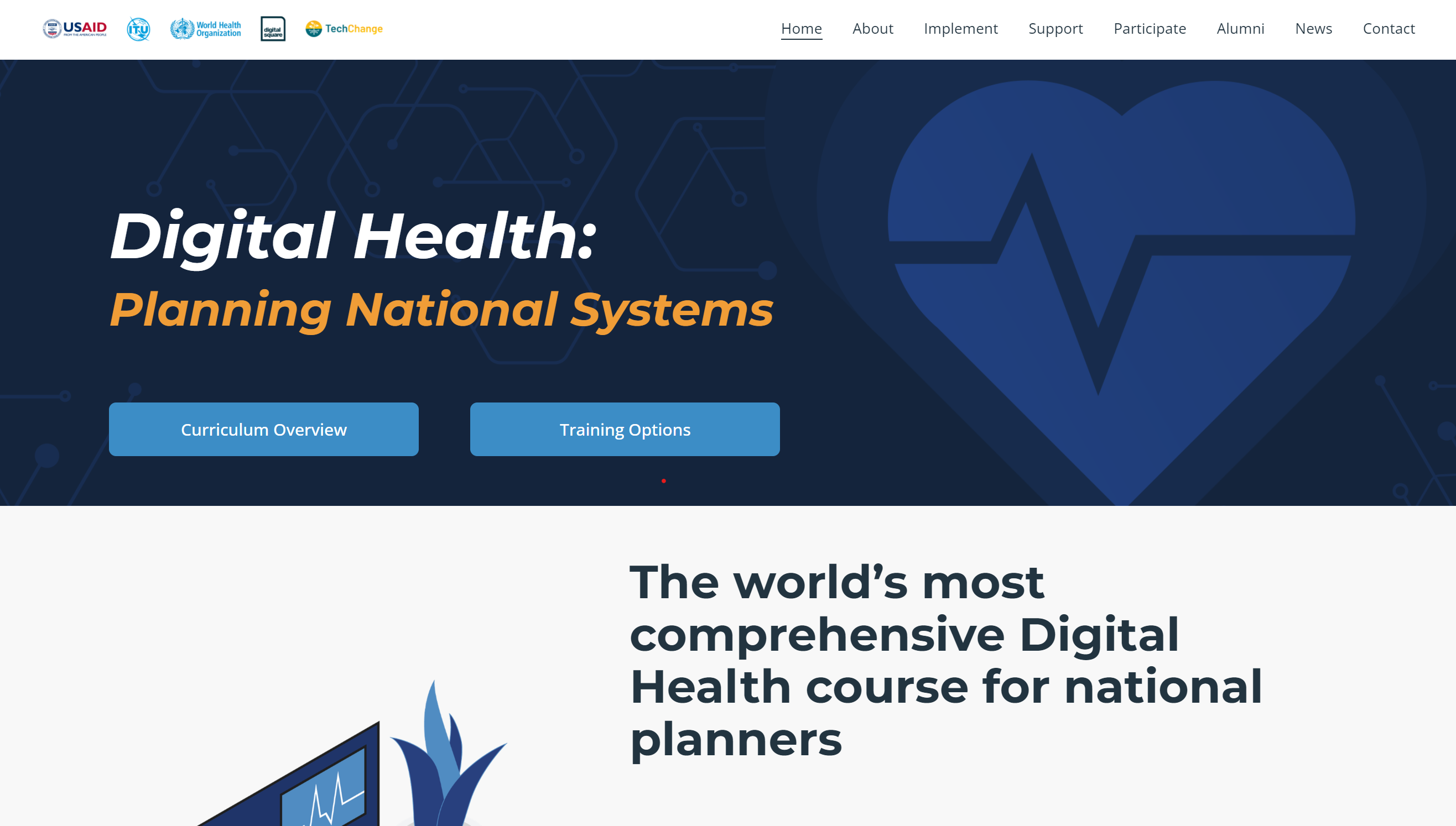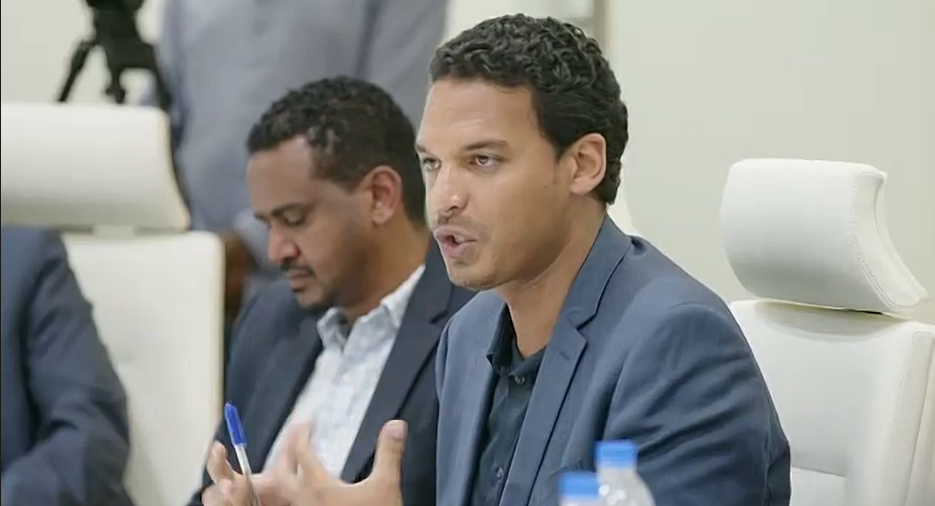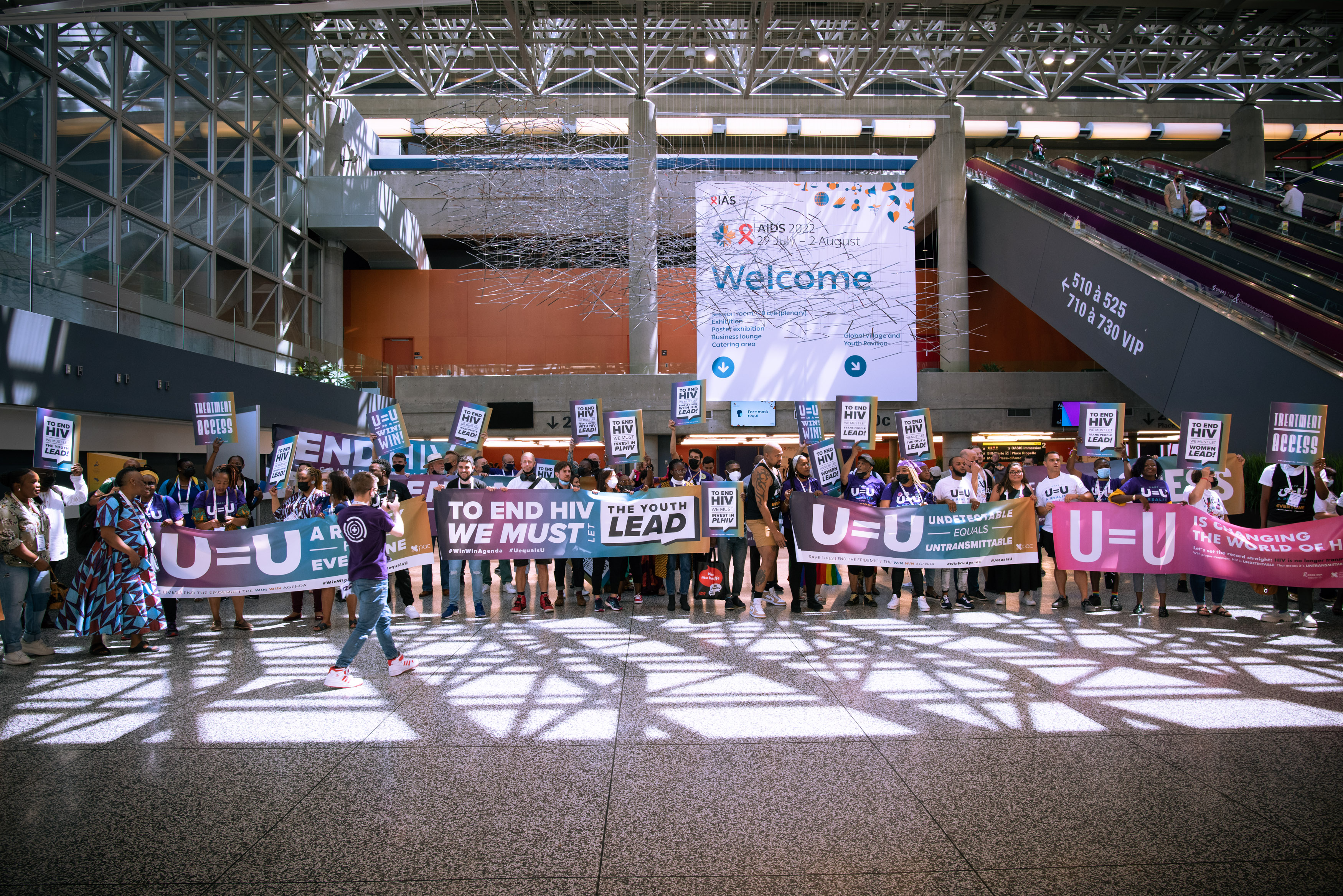By Ariel Frankel, TechChange Senior Director of Learning and Training
Digital Health: Planning National Systems is the world’s most comprehensive digital health course for national planners in low and middle income countries (LMICs). Developed with resources from the World Health Organization and the WHO-ITU, and support from USAID, Digital Square and more, this online course has already equipped more than 700 professionals (more than half of which are ministry officials) with the real-world skills, frameworks, and networks they need to coordinate digital health initiatives at scale, and work more effectively with all stakeholders including donors, multilaterals, and local government officials.
Until recently, information on and access to this course was somewhat hard to come by unless someone sent it to you directly. I’m excited to share that we now have a brand-new public website that aims to make this recognized Content Global Good course more accessible for participants, funders, and other implementing organizations.

Dive into DH:PNS on New Website
Digital Health: Planning National Systems (DH:PNS) is a multi-faceted learning experience, with several distinct paths to engage with the material, including the primary cohort-based modality. Even as a co-author of the course and a leader of the team delivering it, sometimes I’m overwhelmed by the wealth of resources, which keeps on growing and evolving with the field! Luckily, the new site lays out everything clearly, organized by three key functions.
Ways to Participate in the Course
First and foremost, DH:PNS is designed to be offered as a cohort-based training by partner organizations with certified trainers. This blended learning approach is offered several times a year and includes real-time interactions with subject matter experts and peer-learning opportunities. Participants who meet all completion criteria for the course are able to earn a WHO-endorsed certificate and join the alumni Community of Practice (COP). The combination of self-paced learning, interactive group activities, and a final project tied to participants’ country context fully equips national planners to apply the skills they’ve learned throughout the course in their work–particularly with respect to the digital health enterprise planning approach.
But that’s not the only way to use the materials. For those who don’t have access to an institution-sponsored cohort–including if one isn’t scheduled at a convenient time in the near future–they have the option of enrolling in the self-paced version of DH-PNS at any time. The asynchronous experience includes all course materials in all four languages (English, Spanish, Portuguese, and French), but not the ability to earn a WHO-endorsed certificate or participate in the COP.
The site also includes access to the Architects of Digital Health board game, which can be used as part of the course or as a stand-alone scenario-based exercise, as well as information on the new training of trainer (TOT) course that is available to alumni interested in becoming certified trainers of DH:PNS.
How Organizations Can Implement DH:PNS
Due to its status as a certified Content Global Good, DH:PNS materials are freely available to implementing organizations to use and adapt as needed to support their missions. Because we have so many amazing partners who help bring it to life, and talented alumni who put the core concepts into practice everyday in their roles as national planners and digital health practitioners, I like to think of DH:PNS as more of a digital health movement towards an “enterprise approach” than a traditional e-learning course.
The new website outlines the three main ways that partners such as National Ministries of Health, NGOs or funders can bring DH:PNS to their organizations and join that movement. This ranges from hiring a certified training team to facilitate a cohort-based delivery, enrolling in the ToT to become certified trainers and train in any modality and adaptation that meets the target audiences’ needs, to accessing the freely available materials and running it independently! That is the beauty of the Global Good and the resources we have built around this course to make it as accessible, scalable and adaptable as possible while providing guidance and support to ensure the course maintains its integrity and quality as it is implemented in any of these modalities.
Information for Funders
DH:PNS exists because of the generous support of our funders, including USAID, PATH DSQ, the Patrick J. McGovern Foundation, The Bill and Melinda Gates Foundation, UNICEF, PAHO, and the WHO, among others. Since digital health is a rapidly evolving field, we continually update the course to ensure that it remains relevant and accessible to all who could benefit from it. Right now, DH:PNS is available in four major languages (English, French, Spanish, and Portuguese), but we’d love to translate materials into additional languages in the future, and even add new elective modules to deep dive into specific and relevant sub-topics in digital health.
The “support” portion of the new DH:PNS site showcases essential information about the course including the powerful impact on alumni and the theory of change underpinning the pedagogy, as well as ways funders can support future iterations, new material, or language adaptations.
We’ve also added a new case study on the course to our website.
Professional Development Keeps Practitioners Up to Speed…and Up to the Challenges of the Field
In any discussion of resources for digital health practitioners, I’d be remiss not to mention one of TechChange’s signature conferences: the Global Digital Health Forum. This is a great opportunity for ongoing professional development in the space of digital health for course participants, partners and funders of DH:PNS. This year, for the first time, the conference will take place in-person in Nairobi, Kenya, and worldwide online for virtual and hybrid participants. The agenda will feature luminaries from the field, and hard hitting sessions on emerging technologies, AI, localization, and health information exchange.
I’ll be there, and I can’t wait to benefit from the expertise and programming at this year’s conference– especially as some of the world’s greatest digital health challenges, opportunities and solutions are happening in Africa. I’m also hoping to connect in person with some of our DH:PNS course graduates and trainers, many of whom are based in Kenya and other African nations, and meet new organizations and funders to support our DH:PNS movement. Hope to see you there!



